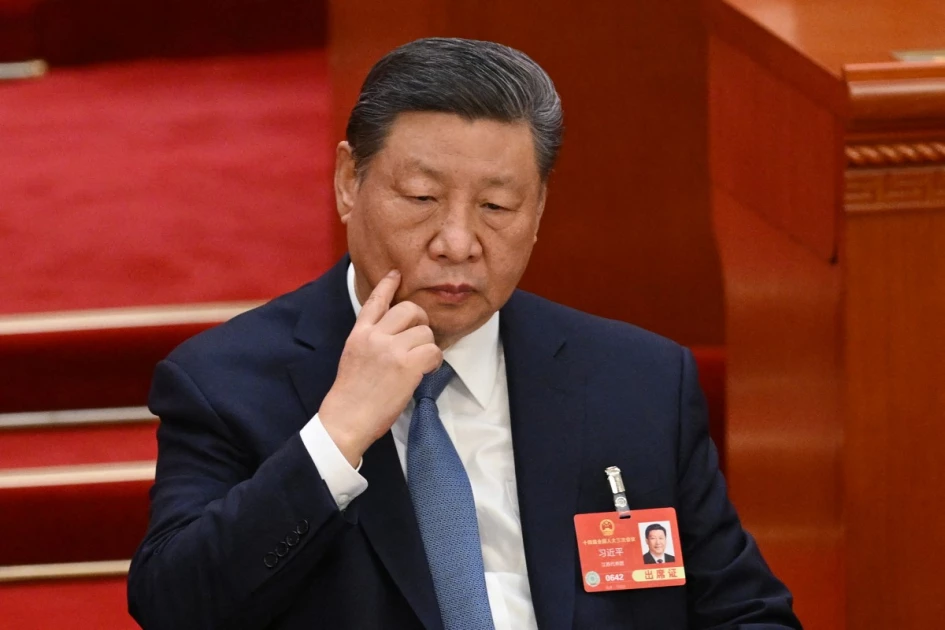China has called on Cambodia and Thailand to speed up efforts to restore peace along their shared border after deadly clashes reignited a long-standing territorial dispute.
In a statement released on Friday, China’s Foreign Ministry said it supports the two Southeast Asian nations in achieving a sustainable ceasefire and preventing future conflict. The appeal followed the worst fighting between Cambodia and Thailand in more than a decade, raising fears of further instability in the region.
China’s Foreign Minister Wang Yi met with his Cambodian and Thai counterparts on Thursday during the Lancang-Mekong Cooperation Foreign Ministers’ Meeting in Yunnan, China. At the meeting, Wang urged both nations to commit to dialogue and peaceful negotiations.
“China encourages Cambodia and Thailand to work together to maintain long-term peace and stability at their border,” the statement said.
Besides the peace talks, Wang proposed stronger regional cooperation in areas such as agriculture, water resources, environmental management, and emerging industries like energy storage, electric vehicles, and solar power.
He also called for joint law enforcement efforts to combat cross-border crime and for the creation of a legal and judicial cooperation framework to handle disputes more effectively.
Wang further emphasized protecting overseas citizens and boosting regional security, describing the current situation as “not optimistic.”
On Friday, Wang also held informal discussions with ministers from Thailand, Myanmar, and Laos, where he expressed China’s hope for Myanmar to conduct free and fair elections and restore stability.
Myanmar’s military recently transferred power to a civilian-led interim government, promising elections in December and January after four years of political unrest and civil war.
China’s renewed diplomatic push highlights its role as a key mediator in Southeast Asia, as border conflicts and political instability threaten peace and trade in the region.



